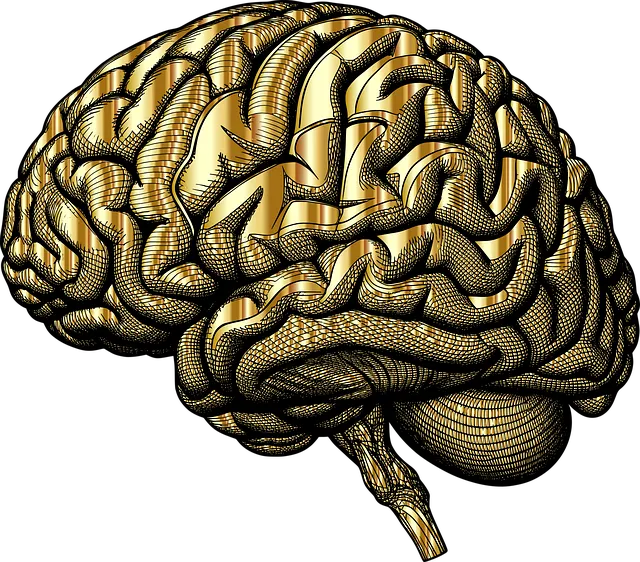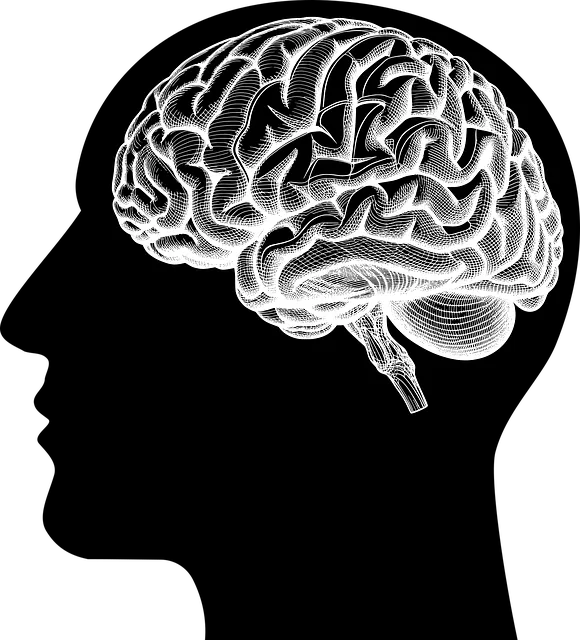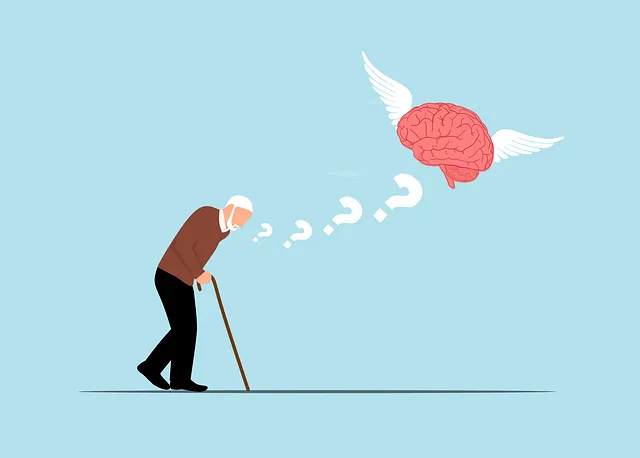The stigma surrounding mental illness acts as a significant barrier to individuals seeking help, fueled by misconceptions and fears of judgment. Kaiser's initiatives in Northglenn address this through community outreach, training therapists with modern techniques, and promoting self-care routines. Their programs connect individuals to local resources and break down stigma by fostering open dialogue. By combining individual storytelling, access to quality therapy (like that offered by Kaiser in Northglenn), education, and practices like mindfulness, communities can create a supportive environment where everyone feels comfortable accessing mental health care.
Mental illness stigma is a pervasive barrier to treatment, yet efforts to reduce it are gaining momentum. This article explores various facets of this complex issue, from understanding the roots of stigma to examining innovative strategies for change. We delve into specific initiatives like Kaiser’s therapist effectiveness in Northglenn and community engagement programs breaking down barriers. By analyzing personal and collective efforts, we aim to illuminate paths toward a more inclusive and supportive society for those grappling with mental health challenges.
- Understanding Stigma: Barriers to Seeking Help
- Kaiser's Approach: Are Their Therapists Effective?
- Community Engagement: Breaking Down Stigma
- Strategies for Change: Personal and Collective Efforts
Understanding Stigma: Barriers to Seeking Help

Stigma surrounding mental illness often acts as a significant barrier to individuals seeking help and support. Many people struggling with their mental health may feel ashamed or embarrassed, believing that such issues are a sign of weakness or personal failure. This misconception can prevent them from reaching out for professional assistance. The fear of judgment or discrimination, especially when searching for therapists, is not uncommon. For instance, those considering therapy might wonder, does Kaiser have good therapists in Northglenn? This concern highlights the need to reduce stigma, as it could deter someone from accessing potentially life-changing care.
Understanding and addressing these barriers are crucial steps towards fostering a more supportive environment for mental health awareness. Promoting positive thinking and coping skills development can empower individuals to manage their well-being effectively. Additionally, risk assessment for mental health professionals is essential to ensure that practitioners are equipped to handle complex cases while providing safe and compassionate care.
Kaiser's Approach: Are Their Therapists Effective?

Kaiser’s approach to mental illness treatment in Northglenn has been a topic of interest due to their significant focus on community outreach and support. The healthcare provider offers an array of services aimed at reducing stigma and promoting better mental health. One key aspect is their commitment to training therapists who are equipped with the latest techniques and crisis intervention guidance. This ensures that patients receive effective care tailored to their unique needs.
The Community Outreach Program Implementation by Kaiser plays a vital role in connecting individuals with mental health resources within their local community. Additionally, they encourage Self-Care Routine Development for Better Mental Health, empowering people to take proactive steps towards managing their well-being. These comprehensive strategies have the potential to significantly impact the lives of those struggling with mental illness, fostering a more supportive and understanding environment in Northglenn.
Community Engagement: Breaking Down Stigma

In the pursuit of reducing mental illness stigma, community engagement plays a pivotal role in fostering understanding and acceptance. By integrating individuals with mental health challenges into community spaces, we can dismantle the barriers that isolate them. Events, workshops, and support groups organized by local initiatives like those offered by Kaiser in Northglenn provide platforms for open dialogue, encouraging folks to share their experiences and dispel misconceptions about mental wellness. These efforts not only break down stigma but also offer practical guidance, such as Crisis Intervention techniques and Depression Prevention strategies, empowering community members to recognize and support one another.
Furthermore, emphasizing self-care routine development is a key component of these engagement initiatives. By promoting activities that cultivate mental resilience, like stress management techniques or mindfulness practices, communities can create a supportive environment where individuals feel valued and capable. This holistic approach ensures that not only are the symptoms of mental illness addressed, but the underlying needs for better mental health are nurtured, ultimately contributing to more inclusive and compassionate communities where everyone feels safe to seek help when needed.
Strategies for Change: Personal and Collective Efforts

Reducing the stigma surrounding mental illness requires a multifaceted approach where both personal and collective efforts play a crucial role. On an individual level, education is a powerful tool. Sharing personal experiences and stories can humanize mental health struggles and foster empathy among peers. This act of speaking up challenges societal norms and encourages open conversations about mental wellness. Many individuals in Northglenn have benefited from seeking professional help, with some even finding excellent therapists through organizations like Kaiser.
Collectively, communities can make a significant impact by organizing awareness campaigns, workshops, and support groups. These initiatives provide platforms for education, dialogue, and the sharing of resources related to mental health. Incorporating practices such as Mindfulness Meditation and Burnout Prevention techniques into daily routines not only benefits individuals but also contributes to a more supportive and understanding society. By collectively advocating for better mental healthcare access and addressing trauma through specialized services, we can create an environment where everyone feels comfortable seeking the help they need without fear of judgment or discrimination.
Mental illness stigma reduction is a collective effort that requires understanding, empathy, and accessible resources. While initiatives like community engagement and personal stories play vital roles in breaking down barriers, organizations like Kaiser must continue to evaluate their therapist effectiveness and ensure culturally sensitive services, especially in areas like Northglenn. By combining these strategies, we can foster an environment where individuals feel empowered to seek help without fear of judgment, ultimately improving mental health outcomes for all.






